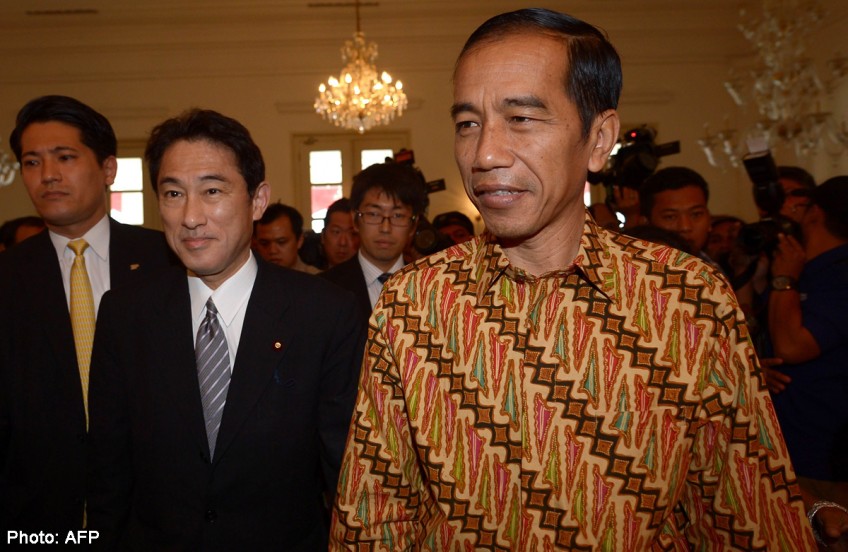Jokowi’s long to-do list


President Joko Widodo is taking charge in Indonesia at a time when more is expected of the country than its raucous party politics and governance have permitted. The people want opportunities, reliable services and the removal of petty obstacles in workaday dealings.
Indonesia is endowed with every imaginable resource required to power industry, value-added trade and domestic consumption, yet many of its citizens might wish their country would do better in harnessing its exceptional potential into tangible benefits for the common man.
Mr Joko's remarks since the election have marked him as a down-to-earth leader, free of political waffle. He has indicated that he plans to improve tax collection and cut fuel subsidies to reduce budget deficits.
His inaugural address on Monday had no grand flourishes but contained one important policy detail: building of inter-island transportation links, presented as a restoration of the sprawling archipelago's maritime past.
This gives a sense of what the new leader sees as necessary and achievable. If air links and road building within the larger islands of Sumatra, Java and Kalimantan also attract the international investment required, he will be laying the foundation needed for industrialisation and logistical services, with less emphasis on raw commodities.
There has been some doubt expressed whether Mr Joko will get the support in Parliament and the civil service to implement his agenda. It is wise not to under-rate him. His administration is taking shape.
One expects he will pick for key ministries capable people unafraid to take on vested interests blocking progress. The lack of a parliamentary majority will not be a hindrance if more parties join his coalition, as seems probable.
Mr Joko is also expected to wear the statesman's hat, in good time. Within ASEAN, Indonesia is often looked to to take the lead in promoting the interests of the grouping and of Asia generally.
By dint of its geopolitical weight - largest Muslim-majority nation, third-largest democracy and a charter member of the Group of 20 (G-20) - Indonesia could not, and should not, be an insular monolith even if domestic issues might seem more pressing for a new administration.
He has told the Australian prime minister he will not tolerate intrusions into Indonesian waters by navy ships turning back the boats of asylum seekers. There is steel behind the smile. Parties to South China Sea disputes should also prepare themselves for more active mediation by Jakarta.
There will be a rush of summit meetings next month in China, Myanmar and Australia when world leaders converge for the Apec, ASEAN-East Asia and G-20 conferences. The energetic Mr Joko should seize the opportunity to bolster his reputation and standing abroad, just as he has done at home.

This article was first published on Oct 22, 2014.
Get a copy of The Straits Times or go to straitstimes.com for more stories.